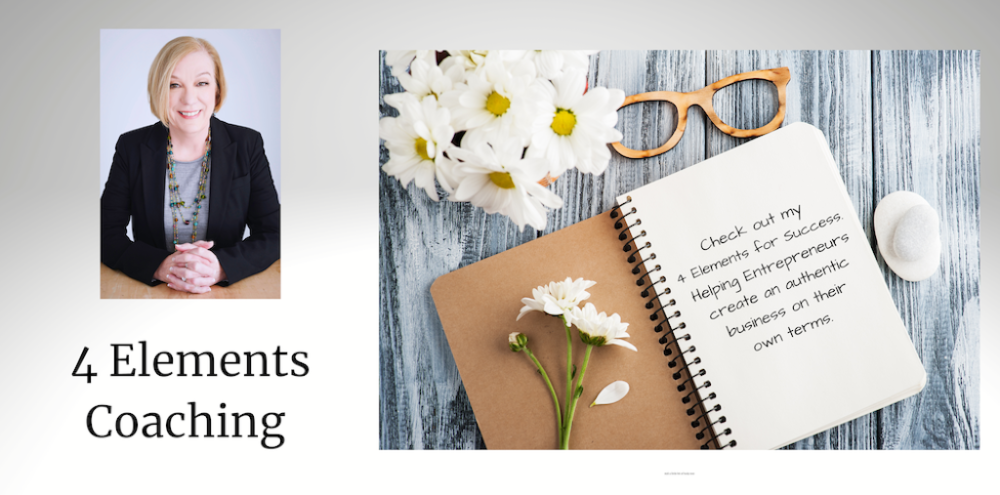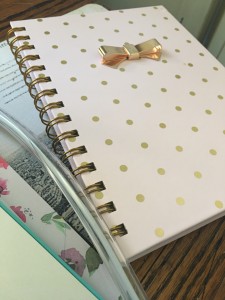Self Care, Sickness, Stress and Change
When we are sick, stressed or in the middle of a great change, the need for self care often intensifies. Yet this is the very time we are seemingly unable to put our needs in front of the ever changing landscape unfolding in front of our eyes.
In particular, self care often changes greatly when we are sick, especially if we are also trying to juggle child care, work, other caregiving for family and more.
And when we’re knee deep in some sort of change or stressed to the max, it’s hard to remember to eat or take daily medications and/or vitamins, let alone make sure we are journaling, breathing, meditating or taking a daily walk.
Sometimes self care must be put on the back burner during these times when other priorities or concerns have intensified. But don’t give it up all together.
Here are some things to consider:
- Right now, what do I absolutely need the most to stay centered and grounded in my own self care?
- What do I KNOW works for me as a quick, uplifting self care practice? (For me, it’s as simple as listening to music and I can find music almost anywhere.)
- Who can I turn to for help and support?
- What can I control at this moment? This helps you stay present and feel less anxious. Easier self care activities like deep breathing, stretching and walking are a small activity that you can control and practice quickly.
- What can I plan to do for myself when this situation/crisis/illness is over?
- Where am I holding tension? How can I release it?
- Draft a quick emergency self care plan – think about what you need the most and can do easily.

When we are sick, we are often tempted to think about all the things that aren’t getting done and piling up on the list. This adds to our stress and anxiety and makes us feel like giving up. Here are some things you could add to your emergency self care plan –
- Asking for help is a simple act of self care. Find a caregiver or someone who can help with work, child/parent care, etc. just for a little while.
- If you’re sleeping through medication times, set a timer in your phone or other device to remind you.
- Listen to music or watch funny movies or sitcoms.
- Read peaceful or favorite books.
- Meditate.
- Make a cup of tea as often as you need one.
- Read back over these self care posts and think of what you CAN do while you are on Pause
Remember – self care is an act of love and kindness and is especially during times when you are sick or in some type of chaotic change. Even good change can throw your routine into a place that doesn’t feel like it has room for self care. Make room for whatever you can, when you can. Self care will ebb and flow – just don’t let it recede completely.


